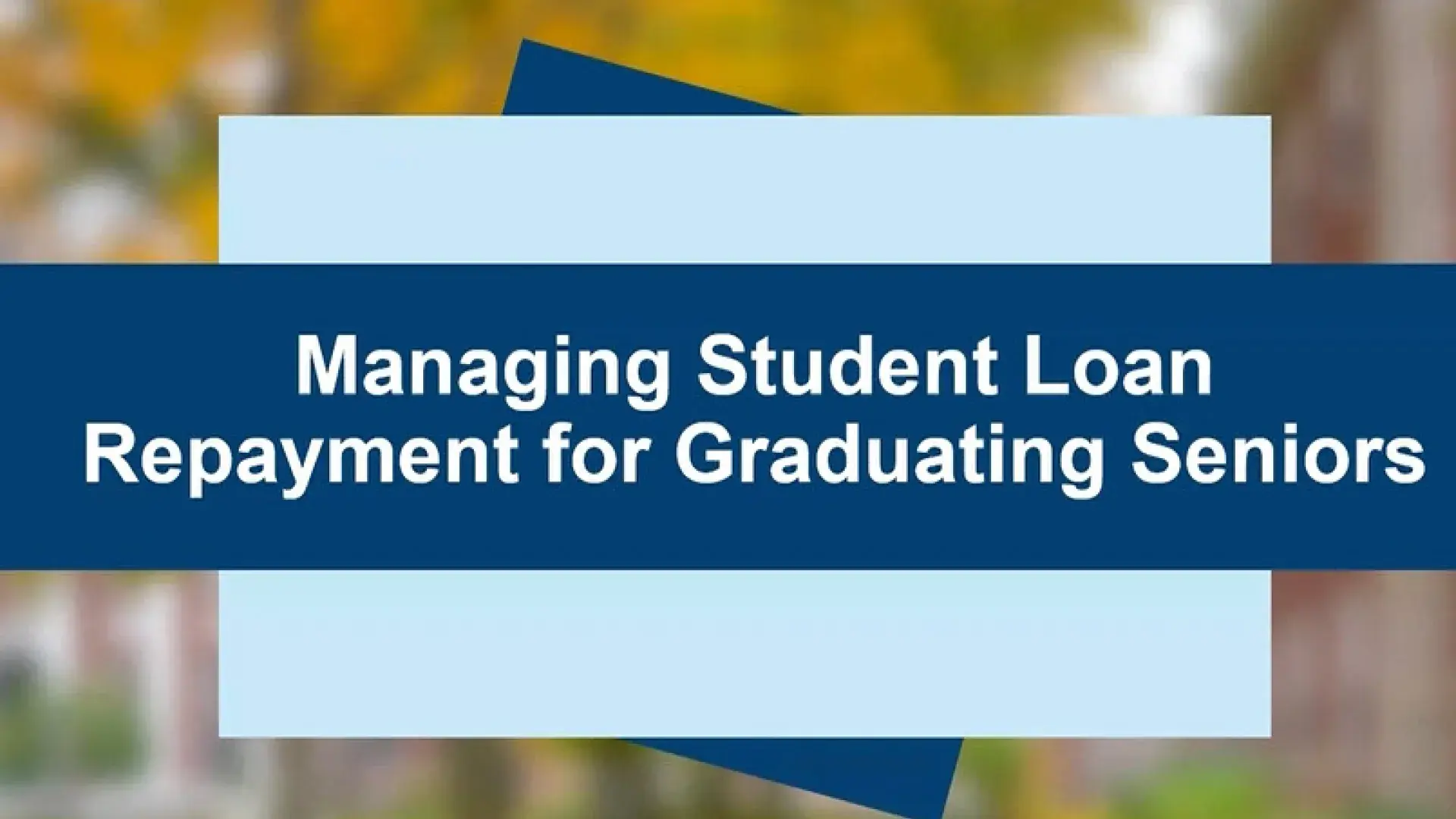
Loans
Provided you are eligible, you may borrow the funds in Federal Direct and/or private student loans to cover your costs up to your allowable maximum COA. Remember this is a maximum - every dollar you borrow must be repaid with interest - borrow wisely.
To receive Federal Funds, you must be at least a half-time student: Graduate Students must take at least 3 credits in Summer and at least 4.5 in Fall and Spring. Undergraduate Students must take at least 6 credits per semester.
There are government loan origination fees subtracted prior to the funds being disbursed. Any scholarships or grants you may receive will be subtracted from the maximum allowed. All financial aid is divided equally between two semesters and will be disbursed through MGH Institute at the beginning of each semester. Any loan overage above tuition and fees for each semester will be reimbursed to the student’s personal account.
Offer letters are sent every two semesters and may be viewed in your IOnline Account. Loans may require re-application either to the government via the FAFSA and/or GradPLUS Application or to private student lenders over the course of your program.

